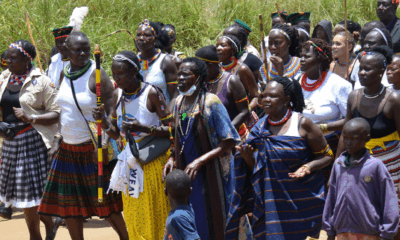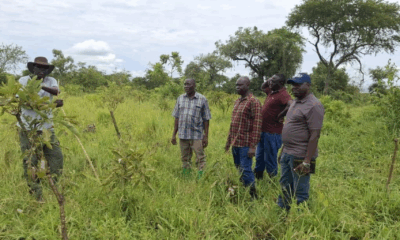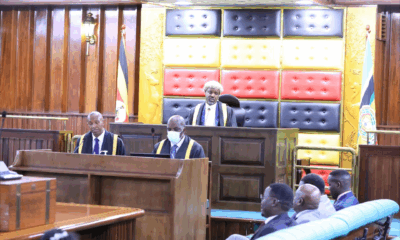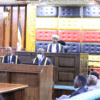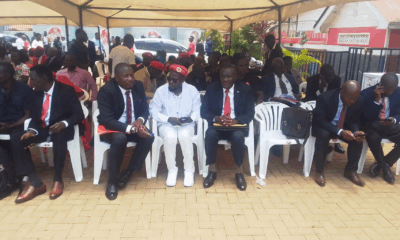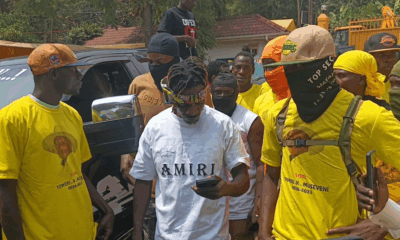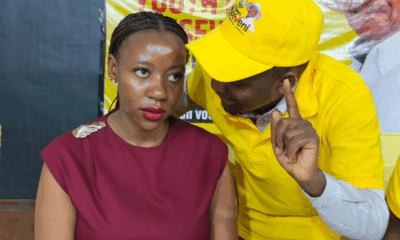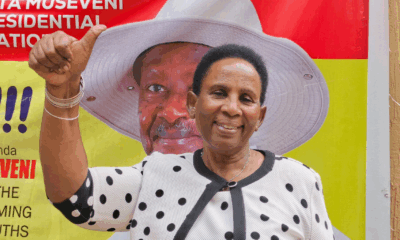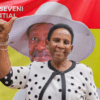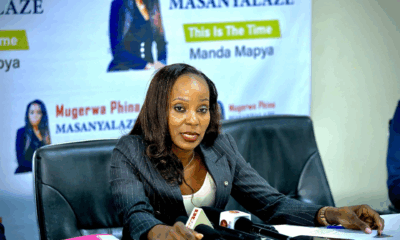Politics
Gov’t Halts Funding to Political Parties Pending New Regulations Under Amended Law
In a bold move that could reshape Uganda’s political financing landscape, Justice and Constitutional Affairs Minister Norbert Mao has directed the Electoral Commission (EC) to suspend all public funding to political parties until new statutory instruments are enacted under the recently amended Political Parties and Organisations Act.
In a letter dated July 2, 2025, addressed to EC Chairperson Justice Simon Byabakama, Mao referenced the Political Parties and Organisations (Amendment) Act, which was signed into law by President Yoweri Museveni on June 15, 2025. The amended legislation restricts government funding to only those political parties that are members of the Inter-Party Organisation for Dialogue (IPOD) and actively engage in its activities.
“Government shall only provide funds or other public resources to a political party… if the political party is a member of the Inter-Party Organisation for Dialogue,” states Section 2 of the amended law.
Mao stressed that with the law now in force, the Electoral Commission has “no legal basis” to continue disbursing funds without corresponding statutory instruments to guide its implementation.
“I request you not to disburse any funds to political parties until you hear from me,” Mao wrote, assuring that his ministry would conclude consultations and process the required statutory instruments within three weeks.
The directive comes amidst ongoing engagements between Mao and the IPOD Council, with plans underway for the IPOD Summit, chaired by President Museveni in his role as NRM party leader, to meet soon and chart the course toward institutionalising IPOD as the principal framework for inter-party dialogue in Uganda.
Mixed Reactions from the Political Arena
The move is expected to ignite sharp debate, especially among non-IPOD member parties such as the National Unity Platform (NUP), which has repeatedly rejected IPOD participation, branding it a platform skewed in favour of the ruling NRM.
Opposition leaders are likely to interpret the funding freeze as a tactical maneuver to cripple dissenting voices, particularly as the country edges closer to the 2026 general elections.
However, supporters of the amendment argue that it introduces much-needed accountability and order in political financing, urging political parties to embrace dialogue and collaborative governance.
Broader Implications
The implications of this directive extend beyond funding. It potentially redefines what it means to be a legitimate political actor in Uganda’s multiparty democracy. Critics argue that the new framework conditions survival on compliance with IPOD membership, effectively limiting political pluralism.
Nonetheless, Mao’s office insists that the move is in line with strengthening structured engagement and responsible use of public resources.
The letter was also copied to the Attorney General, members of the IPOD Summit, all political parties represented in Parliament, and the Secretary to the Electoral Commission.
As the political class awaits further guidance, attention now turns to the expected statutory instruments and the forthcoming IPOD Summit, which will determine the practical roadmap for operationalising the controversial amendments.
Comments






